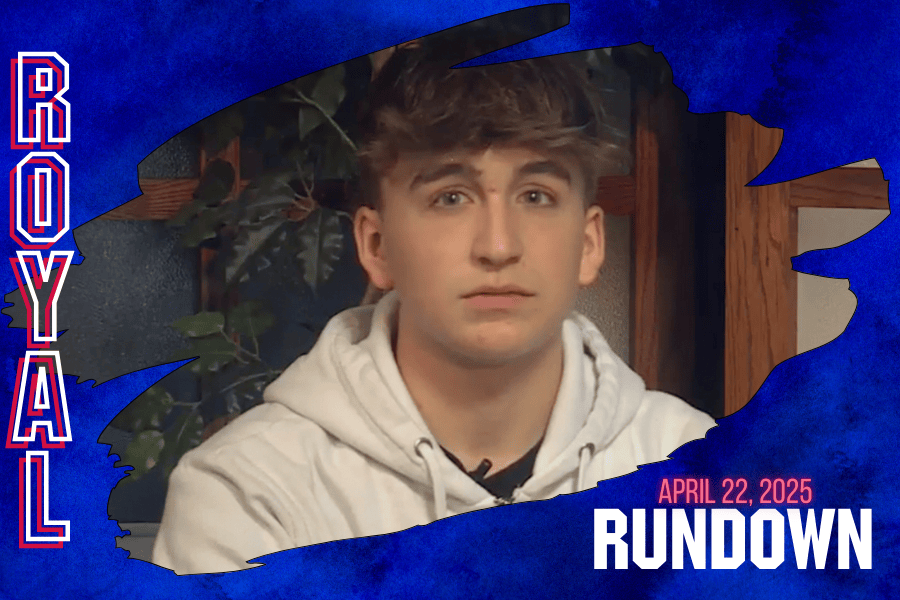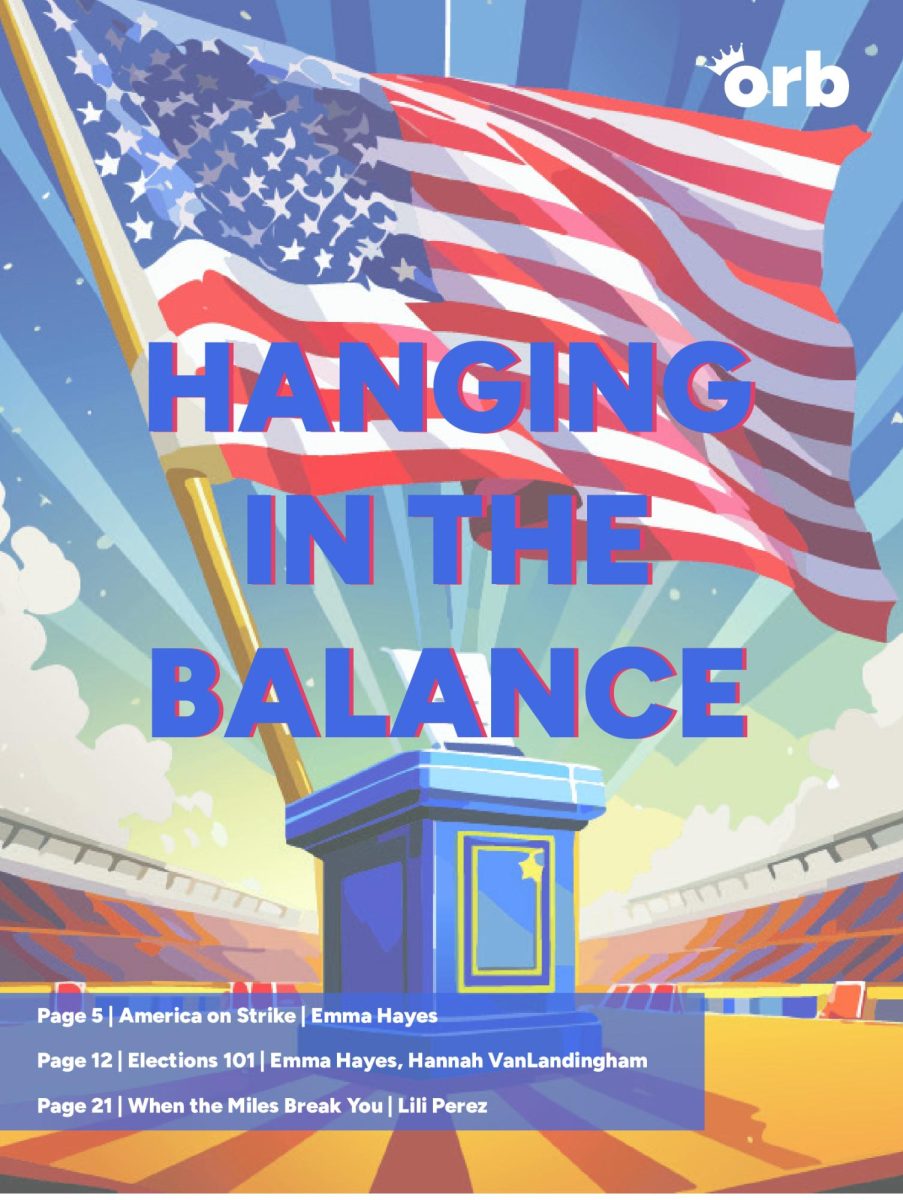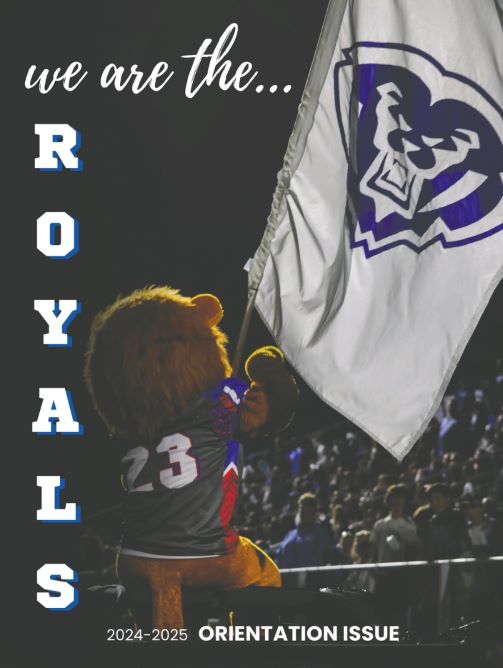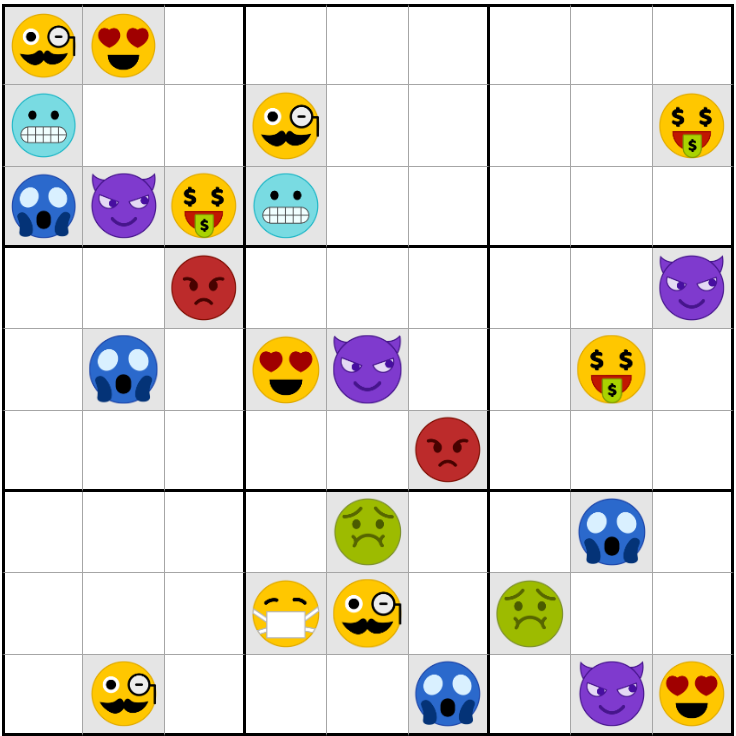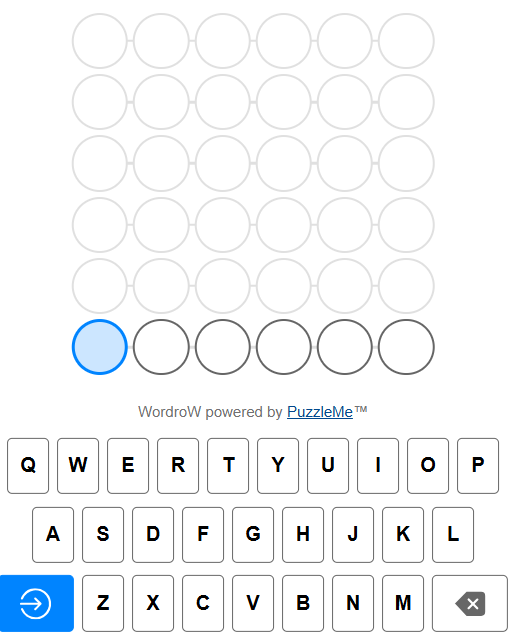The MLB has a Big Market Problem
February 26, 2021
Baseball, the great American sport. Although its popularity has dwindled to football and basketball, it retains its role as a key part of the identity of the United States. However, in the last 30 years, Major League Baseball (MLB) has had a fatal flaw to their league. With no real salary cap, teams with more money can buy their way to a championship, meaning that big market teams can throw money at stars from small-market teams so they can build a champion, while small-market teams have to rely on their farm system and developing their young talent to have any chance to be in contention for a championship, and even then, that championship window is short.
Don’t believe there is a problem? Take a look at the top 10 media markets in the United States, in order, they are:
- New York
- Los Angeles
- Chicago
- Philadelphia
- Dallas-Fort Worth (The Metroplex)
- San Francisco-Oakland-San Jose (Bay Area)
- Atlanta
- Houston
- Washington, D.C.
- Boston
All 10 of these markets have teams. Four of them, New York, LA, Chicago, and the Bay Area each have two teams. Meaning that 14 of the 30 teams in the MLB are in these 10 media markets. In the last 30 seasons (1991-2020), 12 of these 14 teams won a World Series, with only the New York Mets and the Texas Rangers coming up with no rings. In these 30 seasons, these 12 teams have won a combined 21 titles. You may just say, “well, they might just be really good at building their teams”. That might be true, but let’s take a look at the payroll for this upcoming season. The top 5 big spenders are:
- Los Angeles Dodgers – 194.8 Million
- New York Yankees – 173.1 Million
- New York Mets – 166.9 Million
- Los Angeles Angels – 162.9 Million
- Philadelphia Phillies – 159.6 Million
All of these teams are in 3 of the 4 biggest media markets. The Yankees and Dodgers are frequently in the top 5 season after season, and the Mets, Angels, and Phillies are usually in the top half in payroll as well. Four of these five teams have won a championship in the last 30 seasons, and they have combined for 8 titles in that time period. Now, let’s look at the bottom 5 in payroll for 2021:
- Baltimore Orioles – 44.4 Million (26th)
- Miami Marlins – 44.2 Million (27th)
- Tampa Bay Rays – 43.7 Million (28th)
- Pittsburgh Pirates – 37.7 Million (29th)
- Cleveland Indians – 28.5 Million (30th)
None of these teams are in a top 10 media market, and although the Rays and Indians have made recent runs, and the Marlins won two titles, these five teams rarely get to the playoffs.
See the pattern? Money wins championships. When a team is contending or believes they have a chance to contend, they tend to spend any money they have at top talent in free agency and tend to trade away prospects for big-name players. The Yankees are widely hated not just because of the 27 titles or the fanbase, but the fact that every offseason, it seems as though they throw ungodly amounts of money at free agents, luring them away from smaller markets. One of the best examples of this is CC Sabathia signing a 7 year, 161 million dollar deal in 2009, taking him away from his original team, the Milwaukee Brewers, who are one of the smallest markets in baseball, and before that, Sabathia was on the Indians, another small market.
MLB has done nothing to stop this from happening. There is no salary cap, no revenue sharing, and recently, the league got rid of Class A and Class B free agents, which provided compensation to teams losing top talent in the offseason.
Of course, small-market teams have tried to outsmart the system. In 2002, the Oakland Athletics, who although is in a major media market, the San Francisco Giants are the preferred team for most fans in the bay area, lost several big-name players to bigger markets in the offseason. General Manager Billy Beane decided to use advanced analytics to find high-value players at the lowest cost to replace them. The result was a 103-59 season that gave them the AL West title, and although they were upset by the Minnesota Twins in the ALDS, their regular season clearly showed there was a way for small markets to win. However, every team uses advanced analytics nowadays, so that edge is gone.
The saying “there is an exception to every rule” also applies here. The St. Louis Cardinals have been a consistently good team, with big-name talent and a high payroll. In fact, as this article was being written, Colorado Rockies all-star third baseman Nolan Arenado was traded to St. Louis, further proving that they are indeed the exception to the rule.
Will the MLB ever get around to fixing this? Probably not. Having teams in major media markets succeed frequently is great for TV ratings and therefore produces more revenue for the league. A World Series between the Orioles and Brewers is probably unlikely to happen anytime soon, and although the die-hard fans of both franchises would be heavily invested in the series, most casual baseball fans wouldn’t. A small market dynasty happening anytime soon is highly unlikely as well. So for now and the foreseeable future, fans of small-market teams can only hope for the occasional title run, before the inevitable relegation into the shadow of teams like the Yankees, Cubs, Dodgers, Red Sox, and Giants. An unfortunate thing indeed, and one can only hope for change.
Written by Nathan Goergen
Sources: MediaTracks, Spotrac, Wikipedia

















